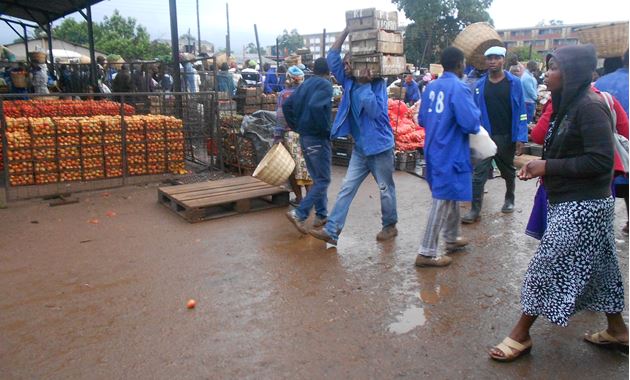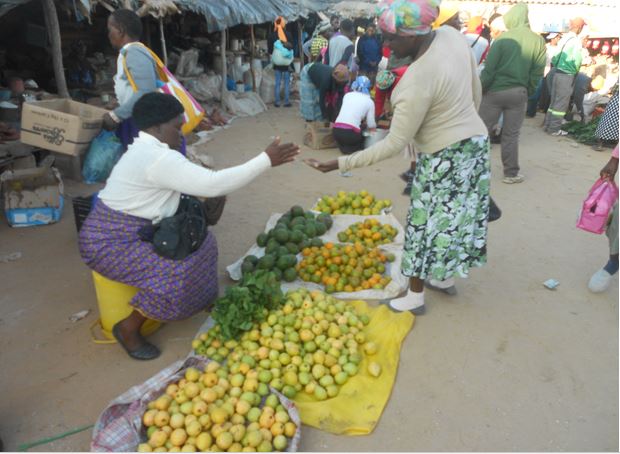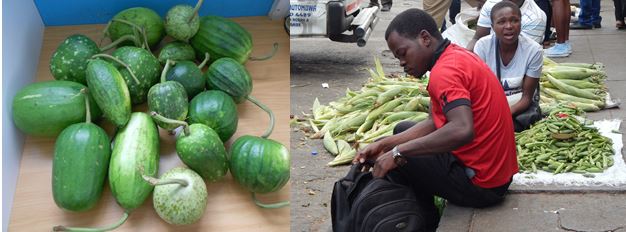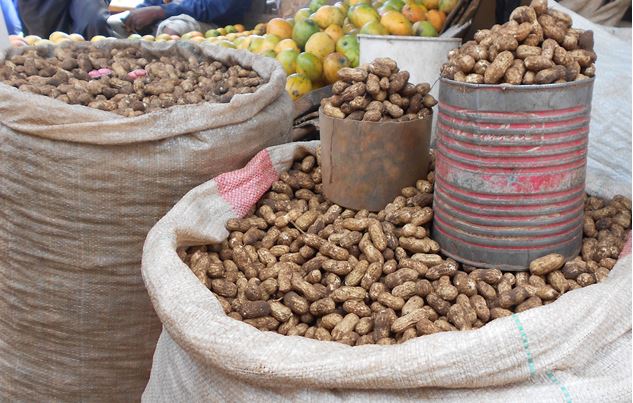Opportunities to enrich your agricultural decisions with data
With the importance of data and evidence in African agriculture gaining momentum, eMKambo has historical data that can enable diverse value chain actors to understand their agribusiness planning, budgeting and decision-making. Over the past five years, eMKambo (www.emkambo.co.zw) has been collecting data from more than 20 agricultural markets in Zimbabwe. Major parameters of the data Read more about Opportunities to enrich your agricultural decisions with data[…]









